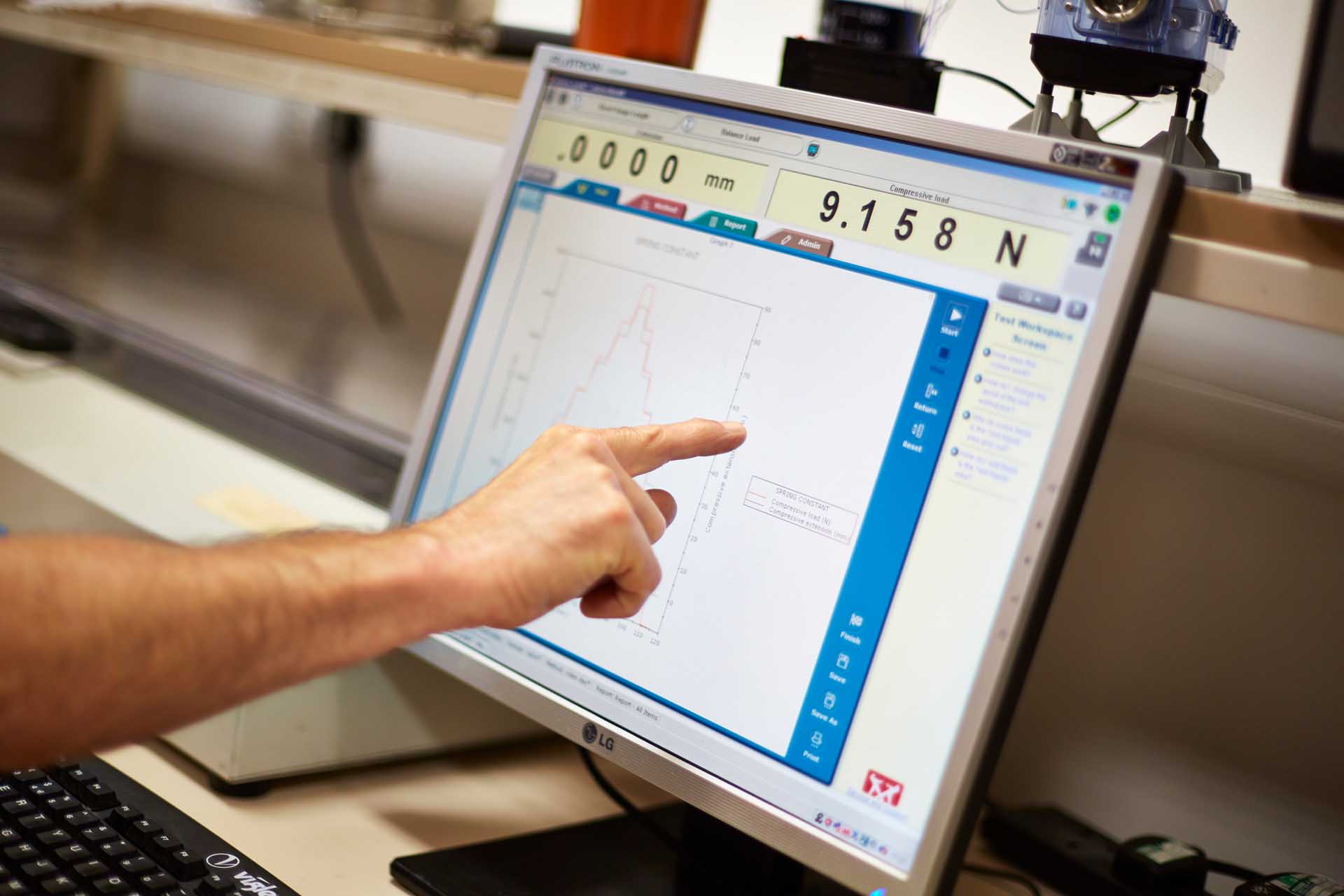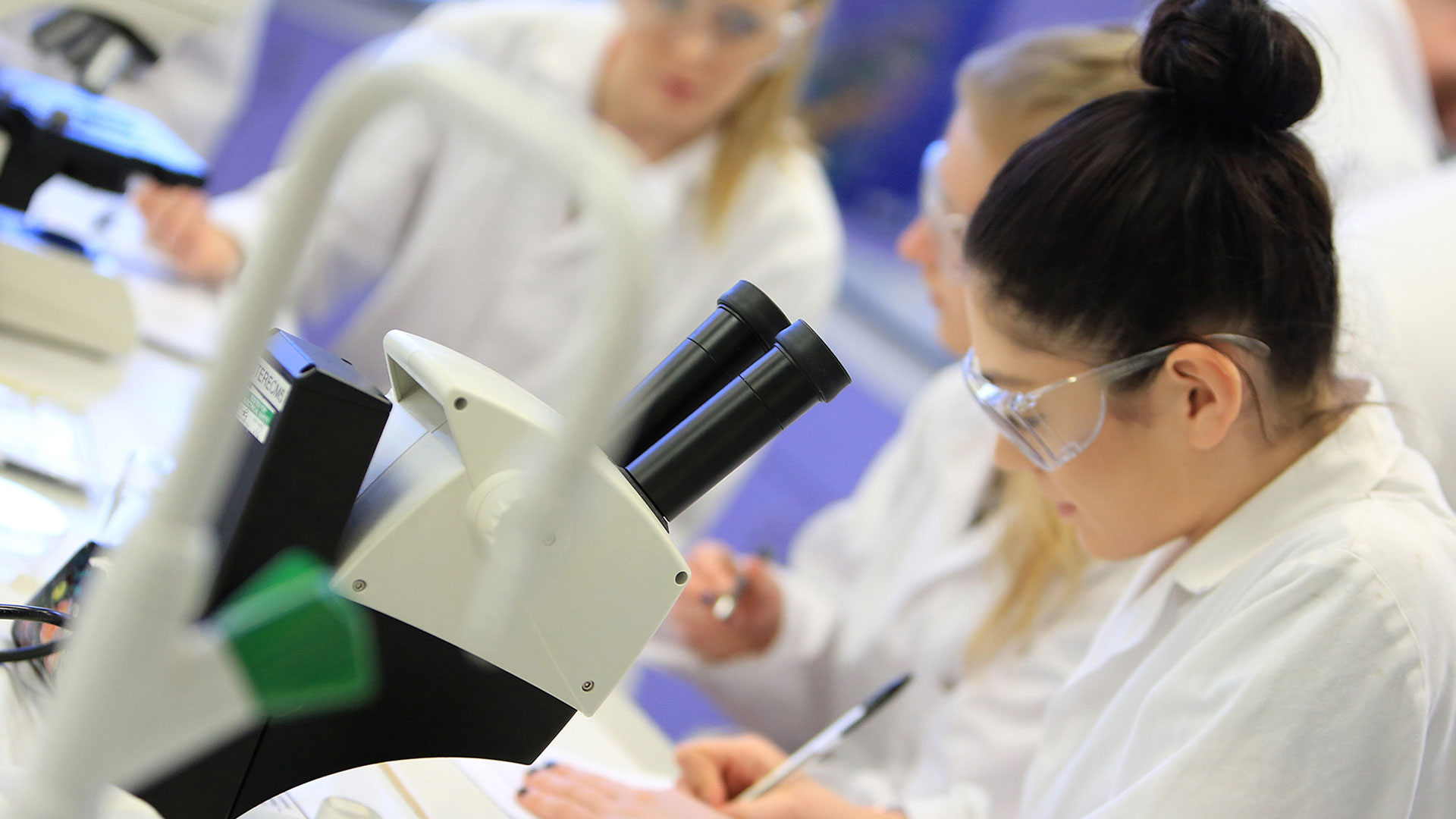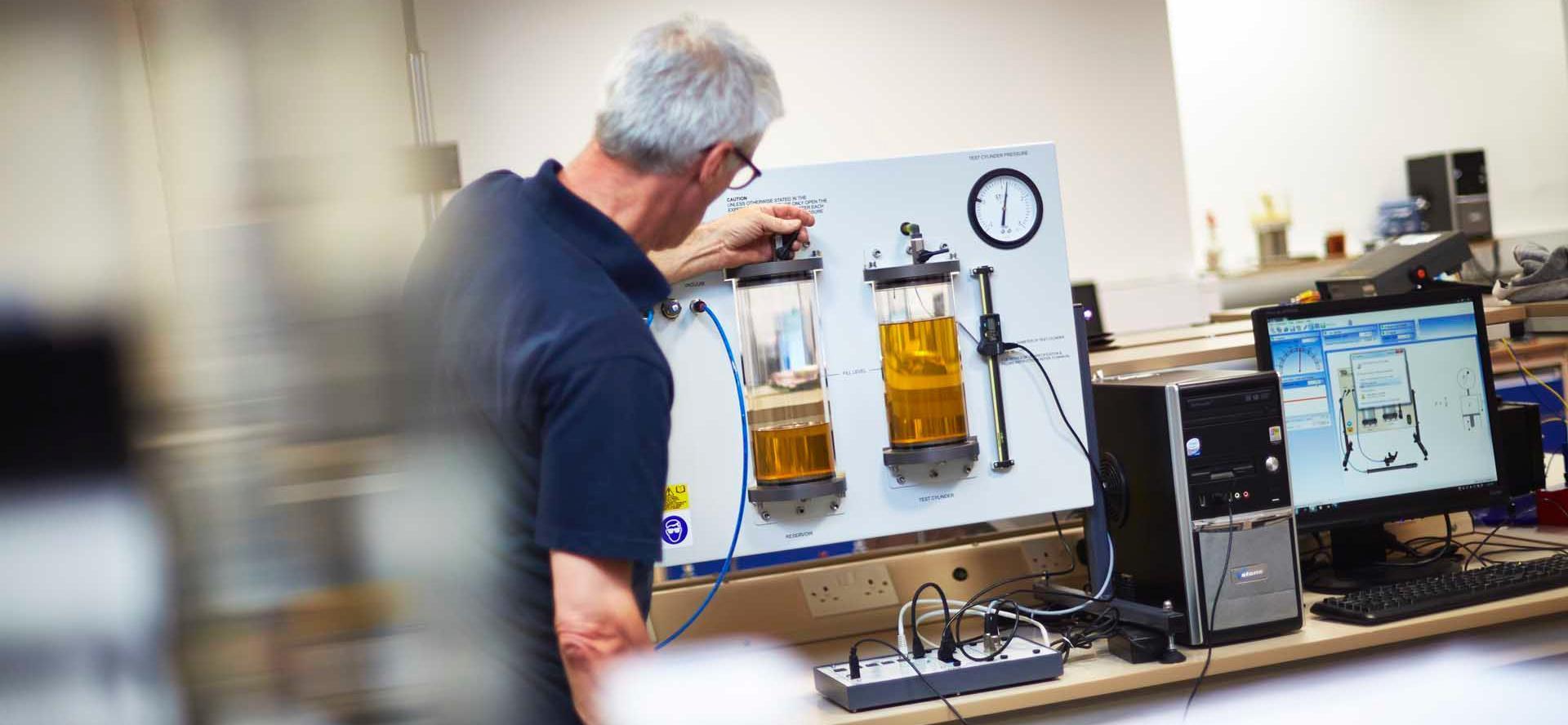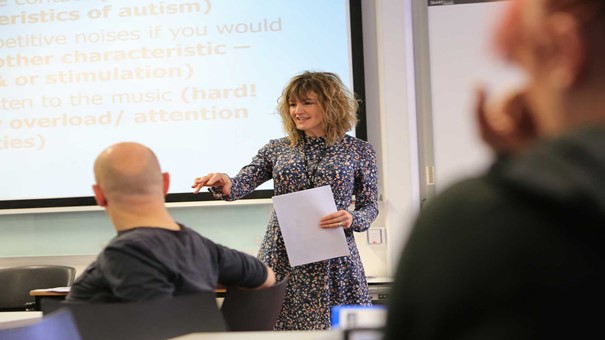
Your Academic Induction
Your Academic Induction
This academic induction is designed to give you a comprehensive overview of our teaching and learning approach, as well as our vibrant research culture and environment. It highlights key resources, tools, and opportunities available to support your personal learning and professional development. This section is intended to complement and work alongside your other induction ‘doorways,’ helping you build a well-rounded understanding of the academic landscape.

Teaching and Learning
In this section you will find information about Teaching and Learning. This supports our 2030 strategy aim of "transforming lives through inspiring and inclusive education that prepares career-ready graduates.
Our 2030 Strategy Map Aspirations
Aim - Inspiring education - Transform lives through inspiring and inclusive education that prepares career-ready graduates.
KPI 1: Achieve top 25% in the National Student Survey.
KPI 2: Reduce gaps in attainment, continuation, and progression to less than 5%.
KPI 3: Exceed national benchmarks for graduate employment outcomes.

The Strategic Teaching and Learning team
The Strategic Teaching and Learning team are part of Registry and support the Pro Vice-Chancellor (Teaching & Learning) Professor Jane Owen-Lynch, in the development of policy and strategy, and innovation in pedagogy.
You might also be interested in our Teaching and Learning Strategy.

Personal Academic Tutors - PAT Team
The University takes an individualised approach to supporting each of its students to achieve their best. Personal Academic Tutors (PATs) have an important role to play in this, guiding students towards the most appropriate support, and helping them achieve their academic potential. Coming from within the course/teaching teams the tutee and PAT relationship will be the same throughout their time at the University.
All undergraduate and postgraduate students on taught courses (PGT) will have a named PAT, who they will meet with a minimum of five times a year to discuss progress and offer general academic support to students. You can find further resources available to Personal Academic Tutors, or get further information on the role of the PATs.

Qualitive Assurance Guidance Site
Registry’s Quality Assurance Guidance website covers guidance for Taught Validations; PGR Validation, Degree Apprenticeships and Collaborative Provision Validations. These sections include detailed guidance on paperwork and documentary requirements, overviews of the processes as well as information on external sources available for guidance. For access to the Brightspace resources, please contact Manwah Baxter in Registry.

The Global Professional Award
Most full-time undergraduates are expected to complete the Global Professional Award (GPA) alongside their degrees.
The GPA is an innovative programme designed to equip University of Huddersfield undergraduates with the tools needed for success at university and to thrive in their chosen field after graduation.
As a key strategic aim for our University, and all staff are expected to encourage students to engage fully with the programme.
Supporting Students with Enterprise Opportunities
Our University aims to support students to become enterprising in their thinking and develop appropriate skills and experience, as shown in the University Graduate Attributes framework. All academics can get support with this aim from the Enterprise Team.

Research and Innovation
In this section you will find information about our research culture and environment. This supports our 2030 Strategy aim of providing groundbreaking research.
Our 2030 Strategy Map Aspirations
Aim - Groundbreaking research - Empower our researcher community to deliver groundbreaking research with global impact.
KPI 1: Achieve top 300 in THE and QS World Rankings
KPI 2: To be in the UK top 50 for research and innovation funding per FTE.

Research and Innovation
Research and Innovation is the central point for the University’s research and innovation activity. Our team brings together colleagues from multiple specialist areas, providing knowledge and experience of the research and funding landscape. The service can support you through the entire research journey, providing advice, expertise and resources to enable you to thrive. Find out lots more on the Research and Innovation webpage.

The Graduate School
The Graduate School help to provide an enriching environment for all research students, fostering intellectual and social interaction between graduates, supervisors, and collaborative partners from across the globe. They can support you and your students to develop a research mindset, with support resources and other information for all supervisors, examiners and independent chairs.

University Research Strategy
The University Research Strategy - Research at the University of Huddersfield has undergone a transformation since our first strategy document was published in 2011. Our commitment to supporting excellent research is what will guide our success going forward.

Research Excellence Framework
Research Excellence Framework - Huddersfield has submitted 589 staff across nineteen Units of Assessment to the Research Excellence Framework 2021. This submission reflects our research across all our Schools and Departments covering a diverse and rich research portfolio.

Research information management system (PURE)
The University has a research information management system named Pure that will facilitate an evidence-based approach to our institution's research and collaboration activities. Pure is a web-based system that brings together data about research at Huddersfield. It captures a wide range of research related outcomes and activities and will promote the University’s research to the wider community.

Researcher Development Concordat
The Concordat to Support the Career Development of Researchers (commonly known as the Researcher Development Concordat) is an agreement between universities, research institutes and funders to support the career development of researchers in the UK. It is based around three defining principles: Environment and Culture, Employment, and Professional and Career Development. The University of Huddersfield is a signatory to the Concordat, and committed to supporting the career development of our researchers.

Research Integrity and Ethics
Research integrity means undertaking and conducting research in a way that ensures it is trustworthy and ethical. We are committed to the principles of the Concordat to support Research Integrity. All academic Schools have designated Research Integrity Champions and Research Ethics and Integrity Committees, operating within the University Research Integrity framework.

Academic Development Opportunities
In this section you will find information about a range of learning and development opportunities and support for academic researchers, including mandatory training for your role.
Fellowship of the Higher Education Academy (now Advance HE) and the PgCertHE
Fellowship of the Higher Education Academy (FHEA) is awarded in professional recognition of the teaching and/or support for learning practice of a HE practitioner. All academic colleagues are expected to hold FHEA status. You can find further details about FHEA on Advance HE's website. The University's Postgraduate Certificate in Higher Education (PgCertHE) is recommended if you are a new member of teaching staff and do not have a recognised teaching qualification for the HE sector. Successful completion of this course also provides you with FHEA. Before you apply for the PgCertHE, please email the course administrator to obtain information about the course and what to include in your application. The course administrator's email address is sepdmasters@hud.ac.uk

Mandatory Training for Academic Researchers
As part of your induction, you’ll need to complete some mandatory courses. To book a place via the MyHR, please click on the relevant links below.

Teaching and Learning Development Opportunities
We provide a number Teaching and Learning development opportunities for academics.
In addition, on your own School SharePoint sites you can find loads of useful resources and information, please ask your buddy and/or manager for guidance on how to access these.

Learning Technologies
You can set up an induction to Brightspace and our other Learning Technologies with your Learning Technology Advisor.
Brightspace Bytes module (the first 10 units) in your first month- this is an induction module for Brightspace with videos covering the basics of how to use it. MYMO module (Moving Your Module online)- New staff; you may have been asked to do this module as part of your induction - if you are not directly involved in the design or delivery of online modules, then the following is more suitable to complete first:
- DELTA module - this is a more pedagogically focussed module explaining how to use technology enhanced learning in your teaching.
- You can also attend CPD events monthly through our Learning Bytes sessions. All our training materials for Learning Technologies are on the iPark site.

Researcher Development Opportunities
We provide a number of training and further development opportunities for academics, including a range of courses, online packages and researcher leadership programmes.
Take a look at our Researcher Training and Development webpage for further information and guidance.

What is the Researcher Development Framework (RDF)?
The Researcher Development Framework (RDF) is a tool that postgraduate researchers and researchers at all levels can use to help identify areas of strength, identify skills gaps and prioritise areas for development. The RDF was developed by Vitae, who have developed many useful resources for researchers and is worth revisiting at least annually to reflect on your progress and highlight where you may want to focus your development next.

Questions? Please get in contact ...
We hope that you have a fantastic induction experience. If you have any questions, please get in touch through MS Teams or email people@hud.ac.uk.
